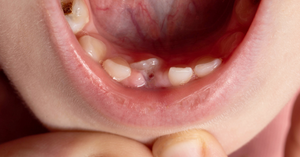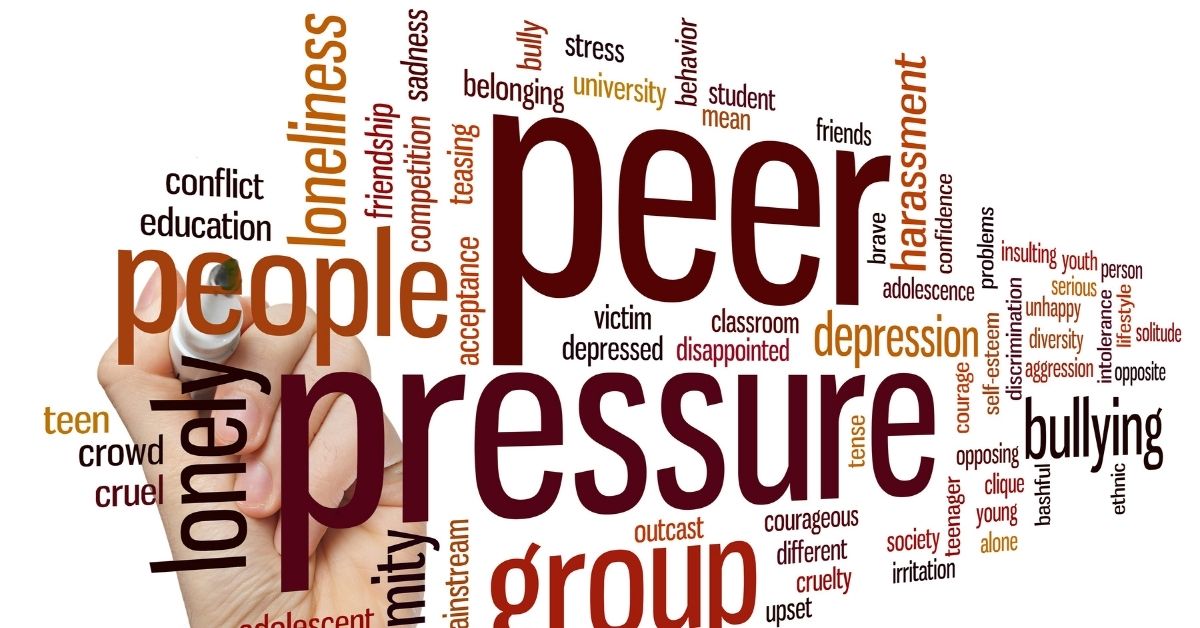Hair loss is a common concern in women, typically with an age factor. Hormonal changes, particularly during menopause, are a significant cause behind hair loss in women. Another common cause of hair thinning and shedding in women is androgenetic alopecia, also known as female pattern hair loss. In short, there is a singular relationship between hormonal changes and hair loss in women.
According to the American Academy of Dermatology, almost 40 percent of women experience significant hair loss by the age of 50, and these figures significantly rise postmenopause. Moreover, androgenetic alopecia also affects approximately 30 million women in the United States alone. This condition, coupled with hormonal changes during menopause, significantly contributes to hair loss.
Read this detailed article to learn about the role of hormones in hair growth and how hormonal fluctuation can contribute to hair loss.
Hormones and Hair Growth: The Connection
Estrogen and androgens are the two hormones that regulate hair growth. Here’s how
- Estrogen: Also referred to as female hormone, estrogen aids in keeping hair in the growing phase for a longer period. This is also the reason why high levels of estrogen during pregnancy result in thicker and fuller hair.
- Androgens: Also known as male hormone, it is also present in females in small amounts. If present in larger amounts, it results in shrinking hair follicles, leading to thinner hair strands and shorter hair growth cycles.
Menopause: A Significant Reason Behind Hair Loss
Women typically experience menopause between the ages of 45 and 55. This phase marks the end of women’s reproductive phase and a decline in estrogen levels in the body. This leads to an imbalance between estrogen and androgens, resulting in hair loss. According to a study by the International Journal of Trichology, , almost 60 percent of women reported hair thinning during menopause. Some of the common symptoms of menopausal hair loss include
- Gradual thinning of hair, especially at the top of the head.
- Noticeable widening of a part of hair.
- Hair feels less dense or has less volume.
- Hair may lose its luster.
Androgenetic Alopecia: The Link to Hormones
Androgenetic alopecia is a genetic condition that is characterized by gradual hair thinning, or more specifically, diffuse thinning over the top and on the sides of the scalp. In women, this is particularly triggered by hormonal imbalances. This condition is associated with the action of estrogens on hair follicles. This is why women who are more sensitive to the effects of androgens often witness more pronounced hair loss.
Some common characteristics include
- Diffuse thinning of hair instead of bald spots
- Frontal hairline is retained as opposed to the male hair loss pattern.
- The condition progresses gradually and starts with the widening part.
Treatment
Treating hormone-related hair loss involves several layers of approach. The doctor may recommend topical treatments such as minoxidil, which can help stimulate hair growth while slowing down the thinning process. Besides, anti-androgens and nutritional supplements, including iron, vitamin D, and biotin, can also be effective in supporting hair health and reducing the effects of androgens.
If the hair loss is severe, you may consider therapies such as hormone replacement therapy, low-level laser therapy, and hair transplantation to stimulate the growth of hair follicles.
Takeaway
Hormonal changes are a significant factor behind hair loss in women, particularly during menopause and androgenetic alopecia. Therefore, it is important to identify the reason and underlying condition contributing to hair thinning and then adopt the right approach to manage it. However, if you still notice significant hair loss, consider seeking advice from your doctor.








